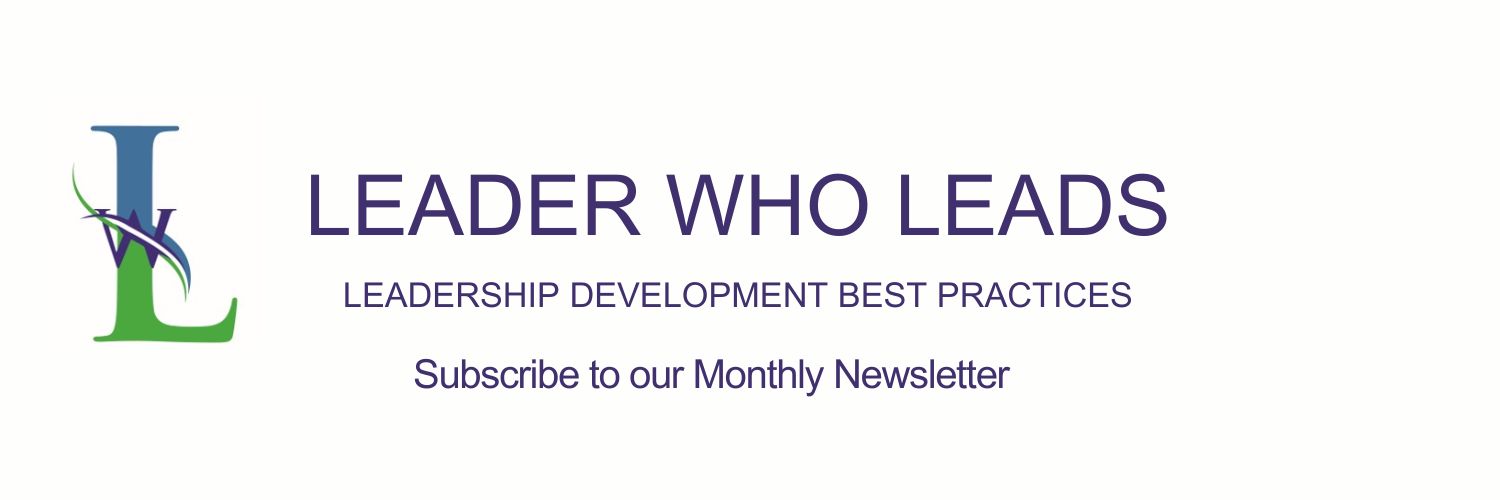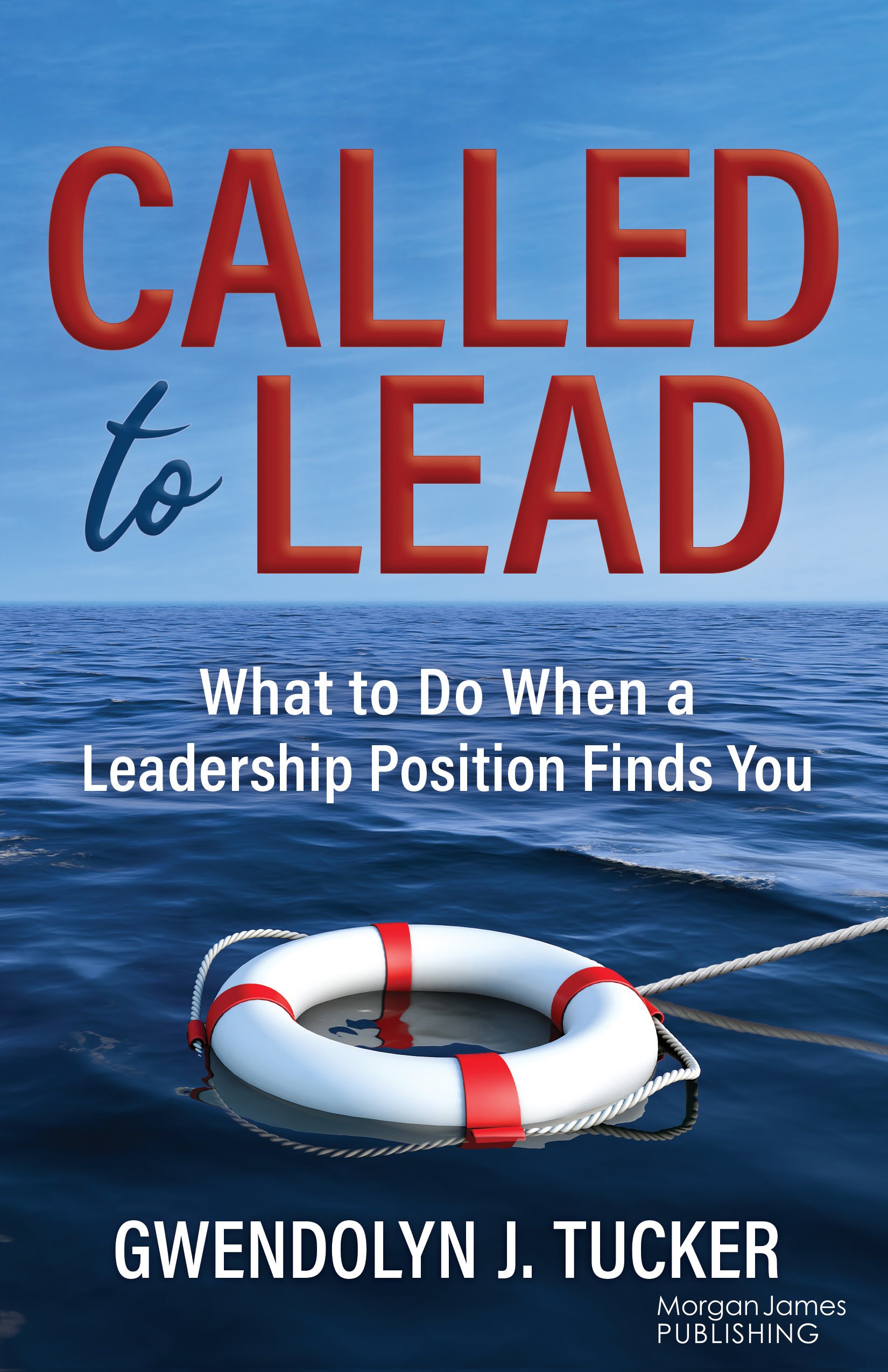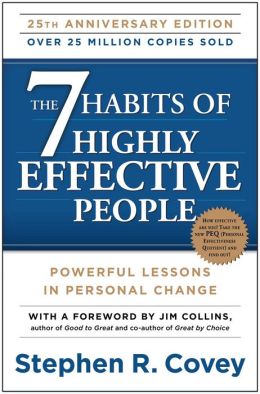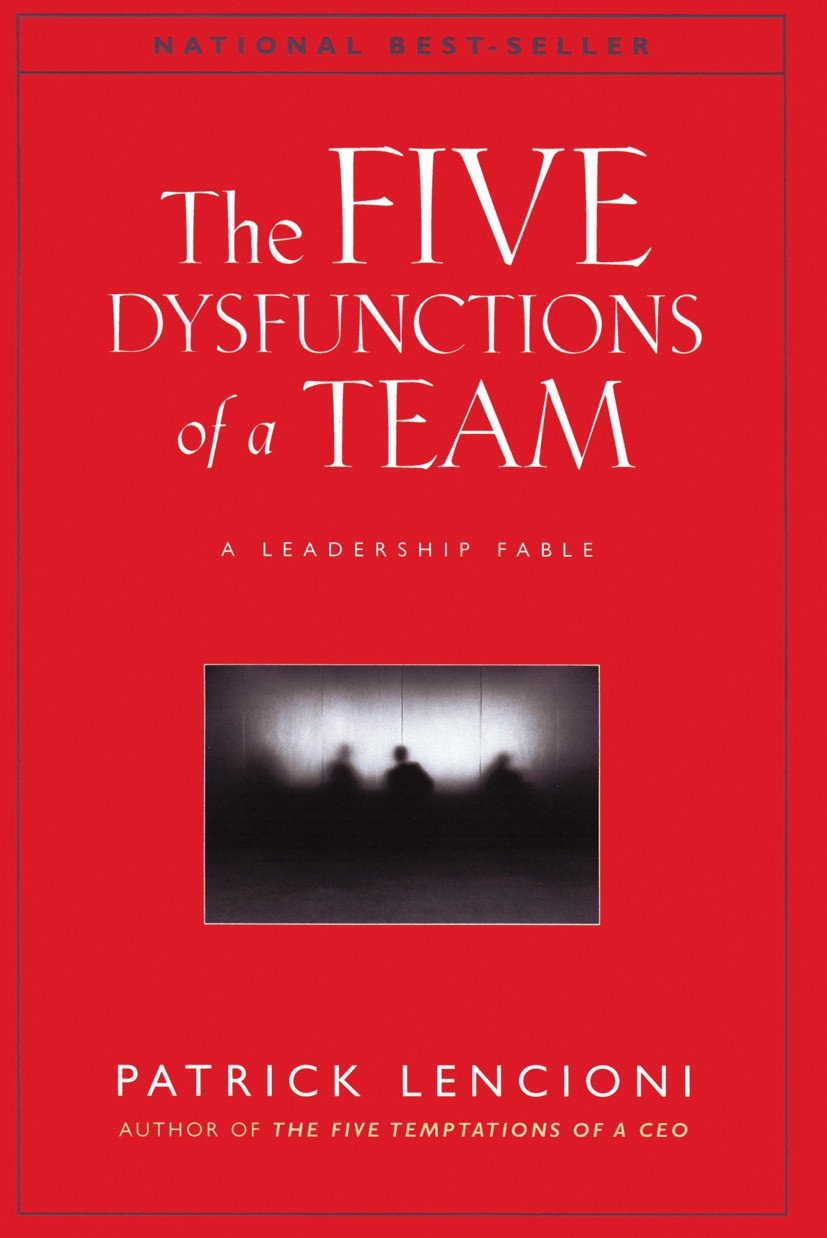Cancerous Behaviors
In his book The 8th Habit, Stephen R. Covey identifies five cancerous behaviors that are destructive and will derail individual, team and organization performance.
They are:
- Criticizing
- Complaining
- Comparing
- Competing
- Contending
Engaging in these behaviors will prove detrimental in the workplace.
Let's take a look at them in more detail.

Cancerous Behaviors
If we are not careful, all of us can fall victim to negative thinking and engage in unproductive behaviors. The problem comes when we linger in negative thinking to the point that it manifests in "cancerous" behaviors.
Engaging in these behaviors can lead to major problems, especially in the workplace.
Criticizing
Criticizing is defined as "indicating the faults of someone or something in a disapproving way."
This behavior is usually directed at what others did or did not do. Either the person did something wrong or they failed to do something they were supposed to do. In other words, they did not meet expectations.
Feedback, in and of itself, is not the problem. A problem occurs when feedback is destructive, rather than constructive.
Criticizing is not designed to help the person improve, but to make them look bad. This only serves to make matters worse.
Complaining
Have you ever encountered someone who has the tendency to whine or grumble? Often, they are quick to alert you to their dissatisfaction about a given situation.
Complainers do just that: they like to talk about everything that is wrong.
Zig Ziglar once said, "Some people can brighten up a room just by leaving it." Everyone in the room roared with laughter. But, it is usually not a laughing matter when you encounter a chronic complainer.
Comparing
Unfortunately, comparing ourselves to others can start early in life.
We often compare ourselves in areas of: intelligence, age, height, weight, geographic region, race, gender, etc. And the tendency to make comparisons continues when we the workplace.
This practice of comparing is often designed to determine who is better (good) or worse (bad). It results in "labeling" others, often before you get a chance to know them for who they are.
This cancerous behavior will prove detrimental to working well together as a team.
Competing
This is "Win/Lose" behavior: "I win. You lose." When this paradigm prevails within an organization, everyone loses.
Healthy competition is good. But taken to extremes, competing destroys. In the end, no one one wins.
Actually, unhealthy competition directed internally to members of your organization gives your competition an advantage.
Contending
The person demonstrating this behavior is often looking for a "fight." S/he has a tendency to focus on what is wrong but will not work to help make things right/better.
They have difficulty seeking and finding common ground. They love to disagree disagreeably, generating high levels of unresolved confict.
Complaceny
I would like to add a sixth one: Complacency.
Complacency kills. Letting these behaviors linger (unaddressed) will kill the life of your team.
Tackle these behaviors courageously and see your team thrive.

Want To Know More?
Cancerous behaviors can derail you and your team. Head it off at the pass as it occurs. You and your team will be the better for it.
Improve Your Relationship with Your Boss
Are you looking to improve your relationship with your boss? If so, the Boss Relationship Worksheet will help you better understand and communicate more effectively with your immediate supervisor.
To download your copy, submit your information on the form below.
After completing the Boss Relationship Worksheet, you will find that the following will prove helpful in showing you how to cultivate a better working relationship with your boss:
 |
I published my first book and I am beyond excited.
Get your FREE copy of Called to Lead!
ORDER PRINT HERE

Leaders don't
create
followers.
Leaders
create
other
leaders.
- Tom Peters









